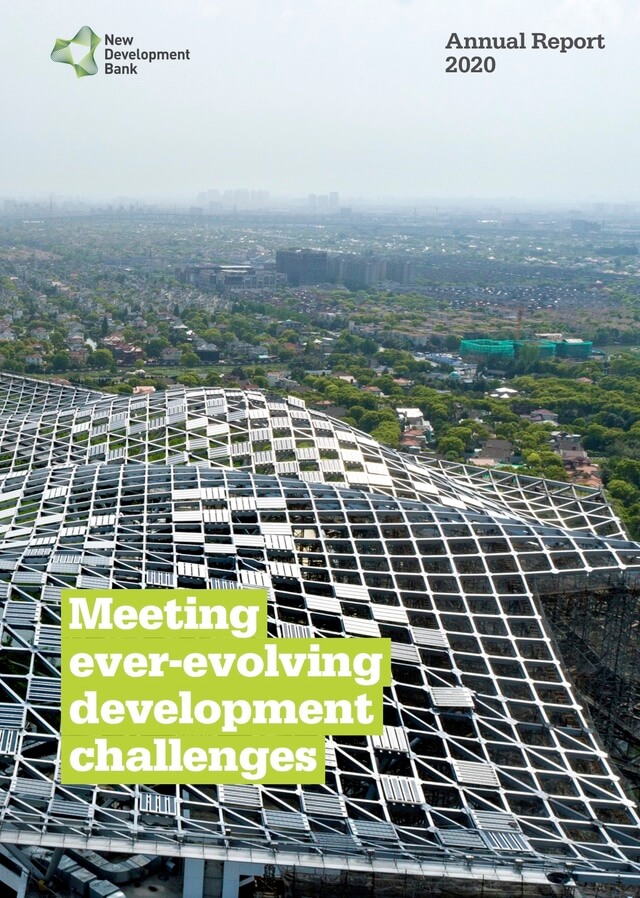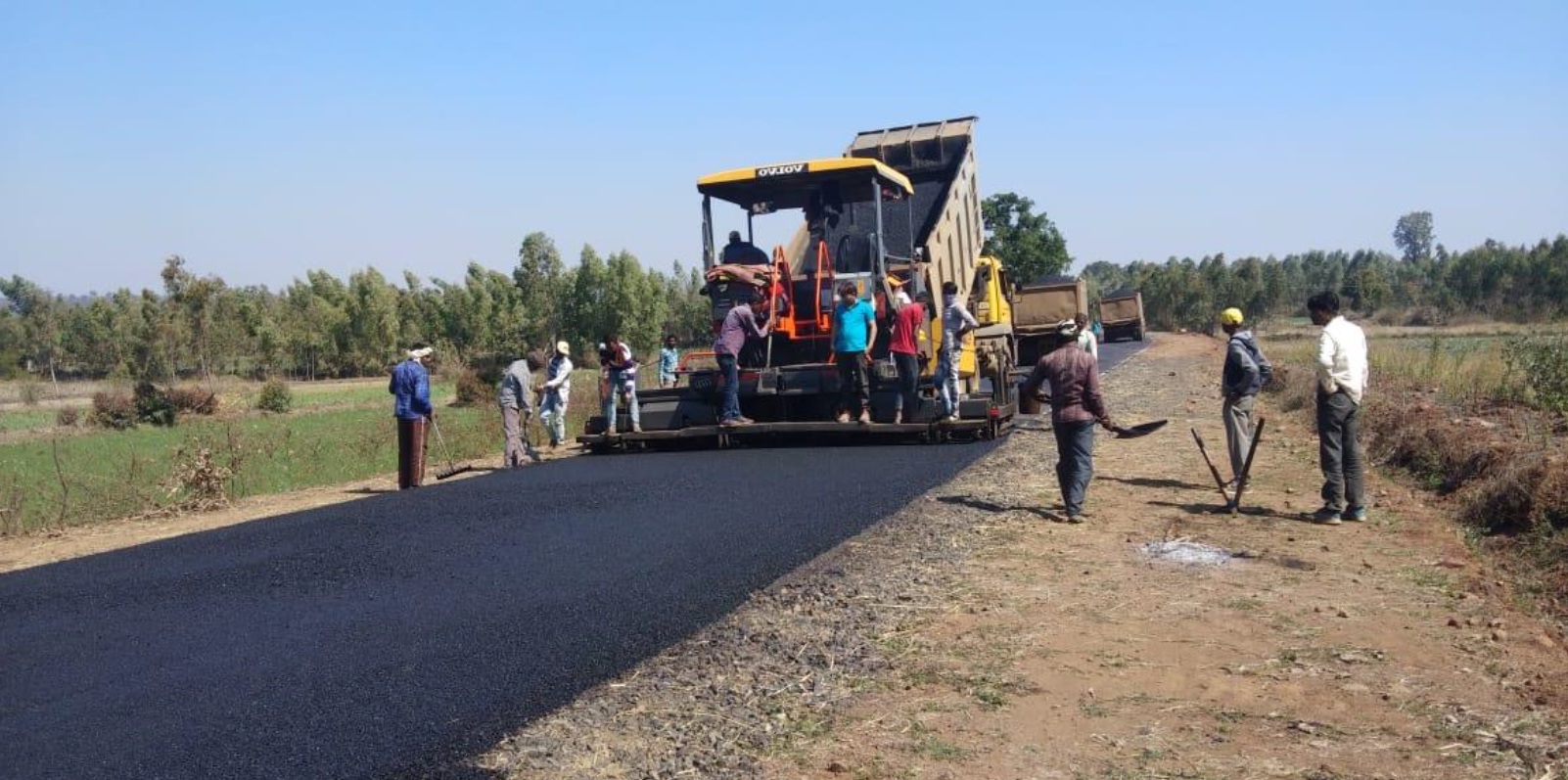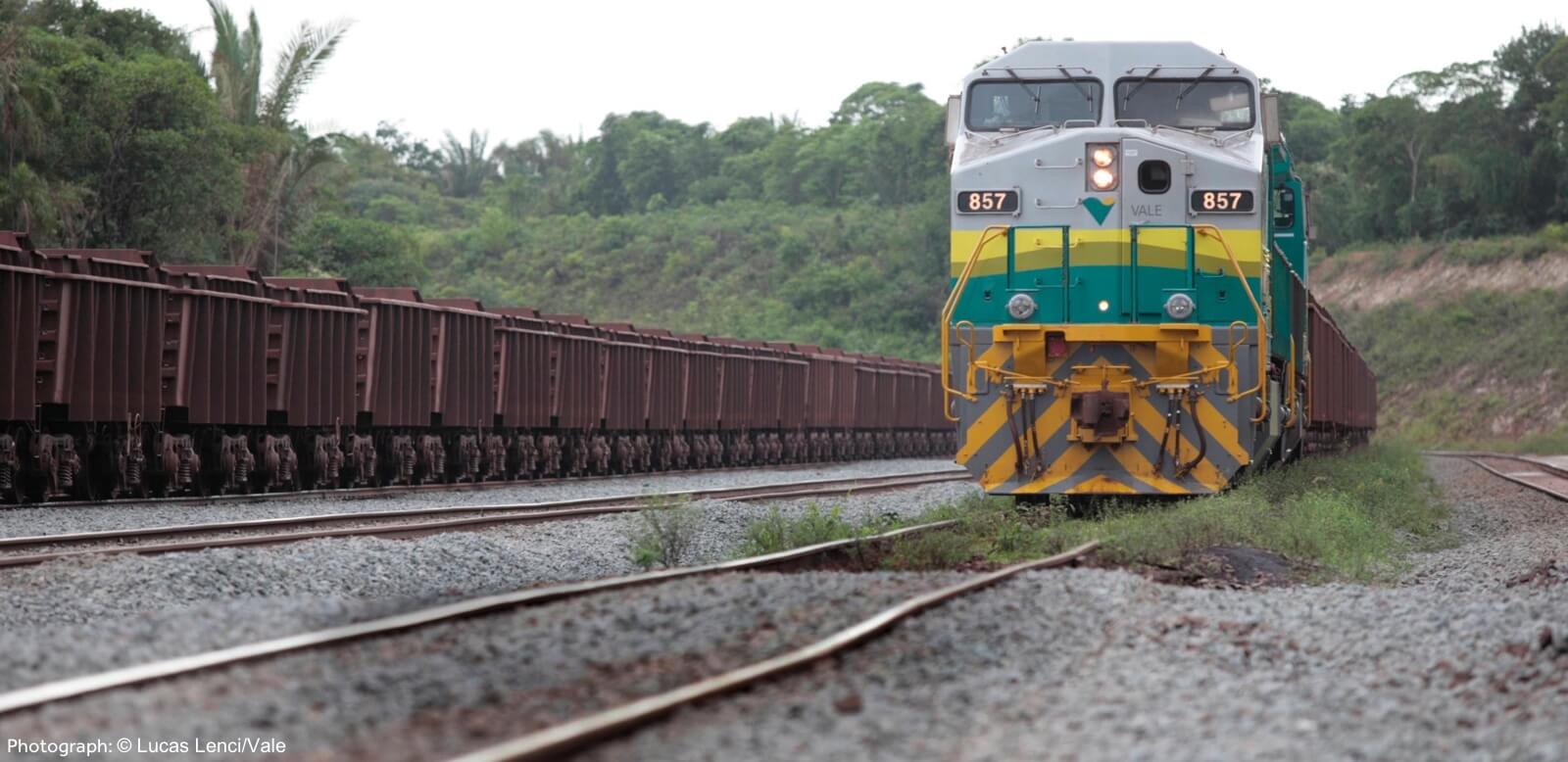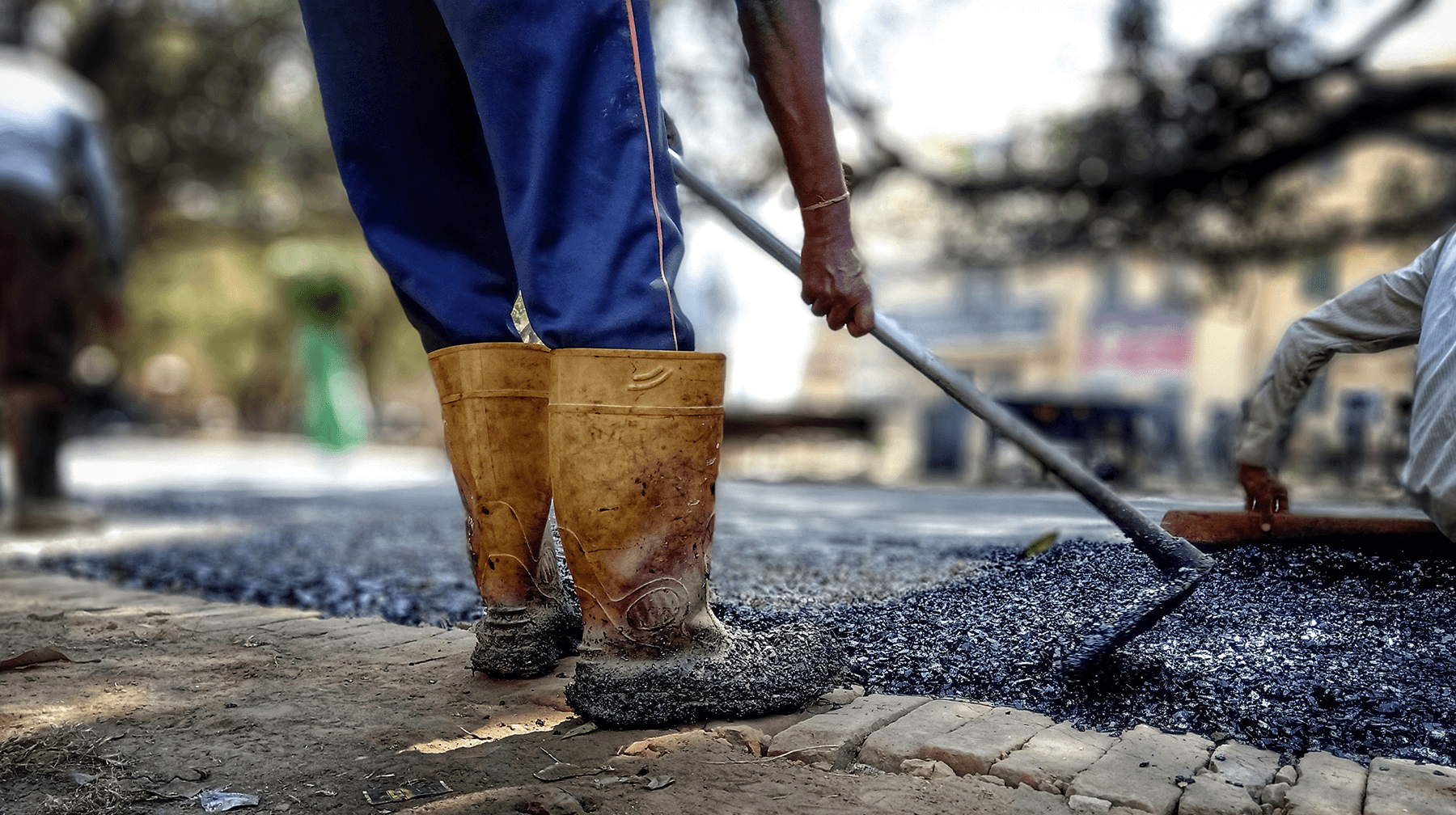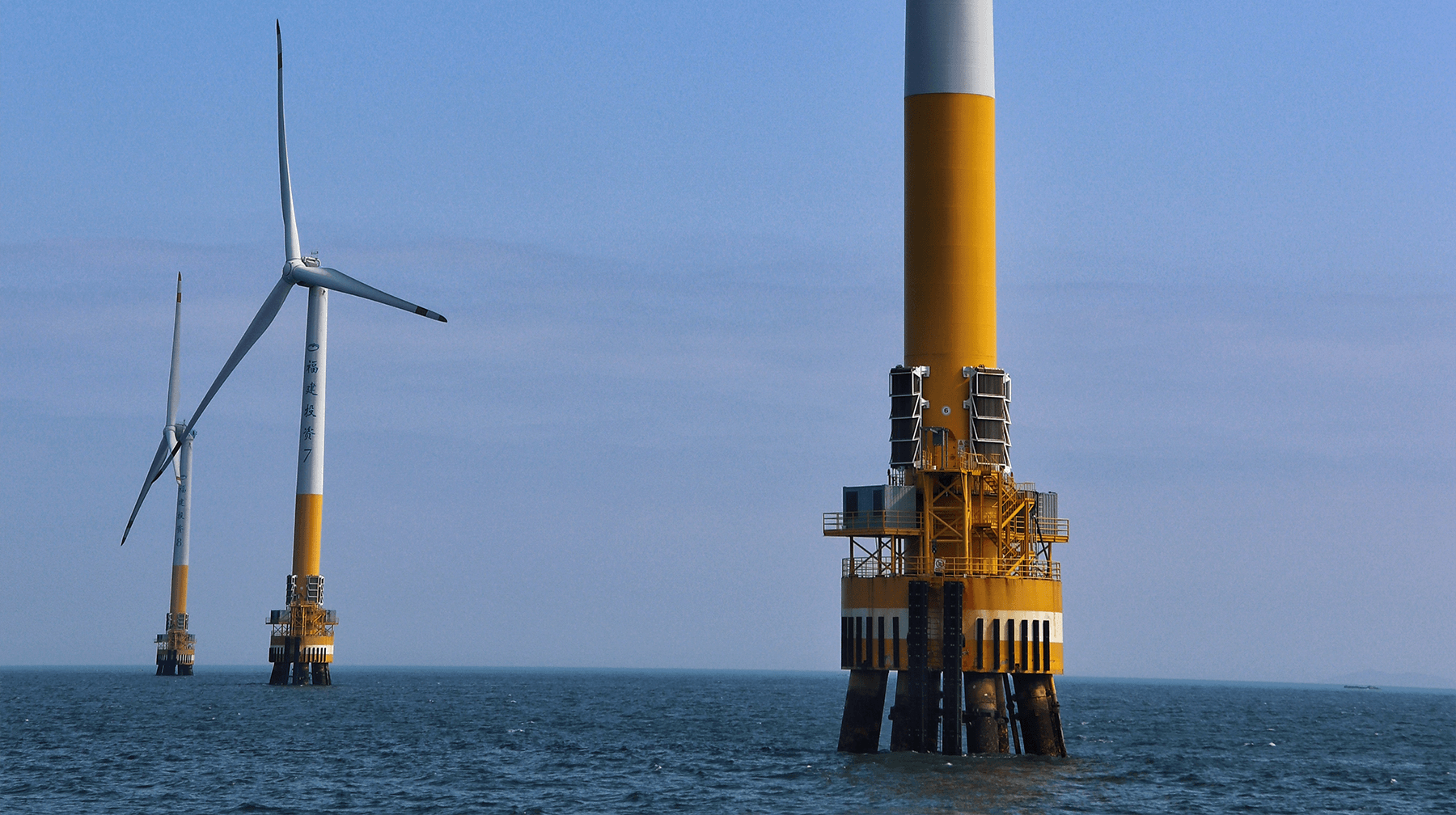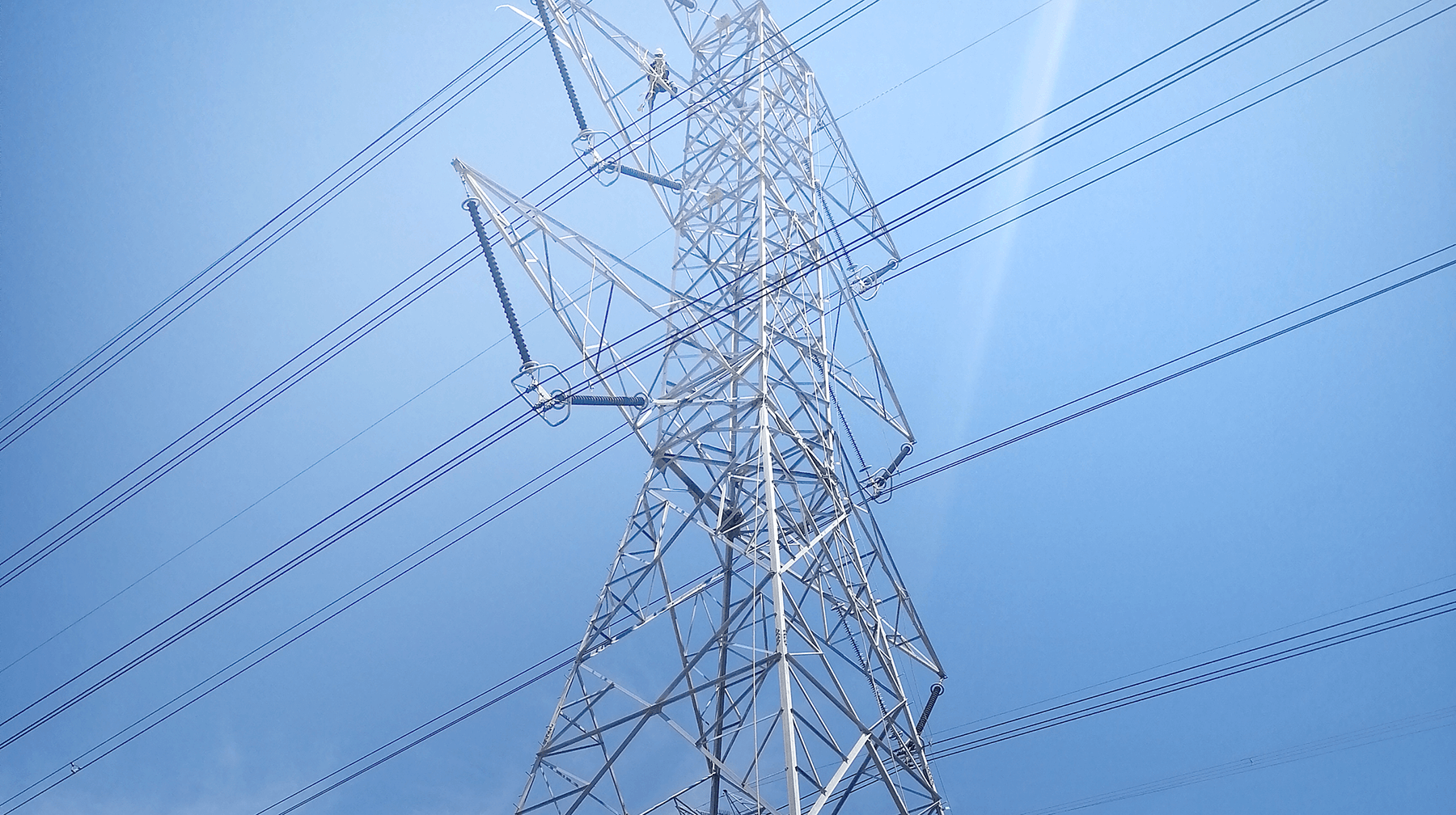In November 2019, NDB approved a non-sovereign loan of USD 300 million to Vale S.A., one of the most important players in the mining and logistics sector in Brazil. The facility was structured as a dual currency loan in USD and RMB, an innovation that allowed Vale to drawdown USD 10 million equivalent in RMB. The project aims to improve the company’s logistics and trading capacity in its northern system by supporting a double-tracking and remodelling of the Carajás Railway and the expansion of the Ponta da Madeira Port Terminal, which will increase Vale’s capacity to transport iron ore from its mines to ports and then to global markets.
As of end-2020, implementation had proceeded as scheduled and funds were ready for full disbursement. According to NDB’s SDG mapping, the project will directly contribute to SDG 9.
Going forward, NDB would like to continue to build a growing portfolio with the private sector in member countries, to complement the larger portfolio of sovereign loans. It also would like to continue to strengthen its links with relevant national and global players in the infrastructure sector to help draw experience from projects that entail significant ESG considerations.

